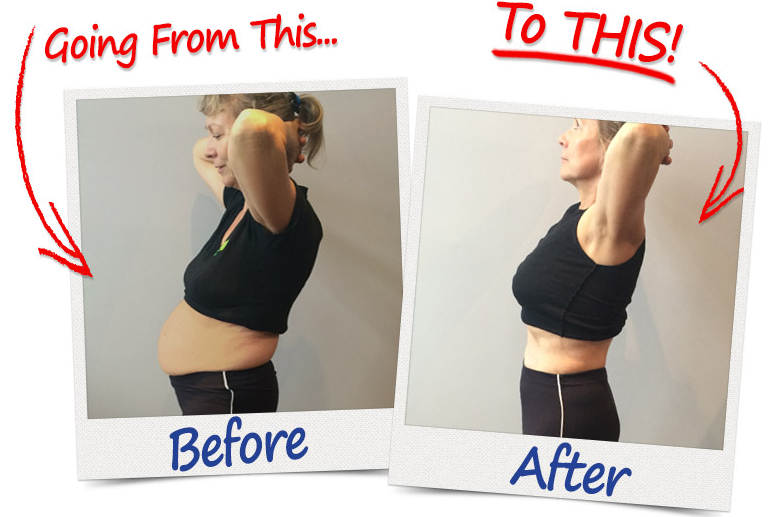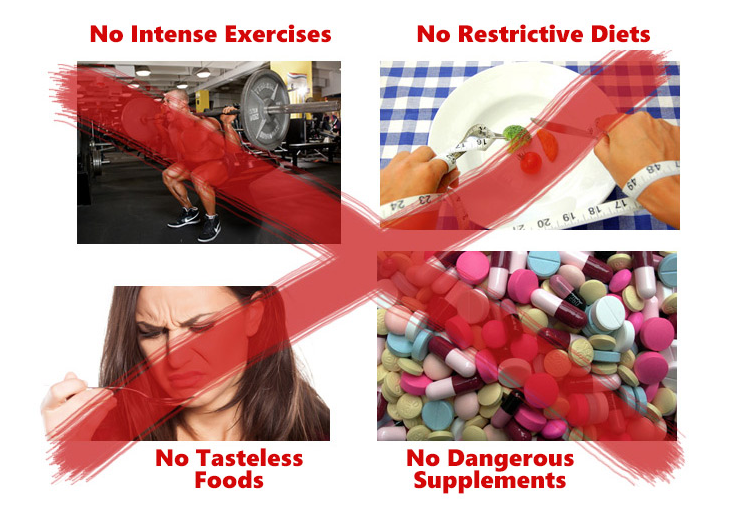Lose weight fitness plan is one of the basic guides that can be helpful for those, who are ready to work extra miles to lose those extra pounds and adapt the healthier lifestyle. This plan isn’t just about working out, it’s about the balance between nutrition, exercise and recovery and building habits that guarantee long-term success. New to fitness or just trying to refine your existing routine?



Why You Need a Fitness Plan to Lose Weight
Structured Approach to Goals
A weight loss plan gives the guide to create an adequate method for the easiest method of accomplishing your objectives. Without a roadmap it’s easy to be lost or overwhelmed by potentially contradictory advice. So its a strategic plan, which means when and what topic you have to learn, so you can stick to your goal.
Building Sustainable Habits
The third important element of a fitness plan is helping to establish healthy habits that will last for the long term. Severe diets and crash workout routines might offer some instant success but are seldom a long-term solution. A good plan helps you to create habits that start to become second nature — working out, pre-making meals, consuming the right amount of water.
Key Components of a Lose Weight Fitness Plan
Balanced Nutrition
Nutrition is the backbone of every good fitness plan. No amount of working out will save you from bad eating.
Tracking Calories and Macros
To lose weight, it’s essential to maintain a calorie deficit, which means burning more calories than you consume. Tracking your calories helps ensure you’re on the right path. Macros—proteins, fats, and carbohydrates—are equally important. Prioritize:
Protein: Necessary for muscle maintenance and tissue repair.
• Carbohydrates: Fuel for workouts.
Fats: Key to managing hormones and supporting brain health.
Eating Unprocessed, Whole Foods
Nutrient-rich whole foods, such as vegetables, fruits, lean proteins and whole grains, are filling and keep you satisfied longer. In contrast, many processed foods contain added sugars and unhealthy fats that may derail your efforts. If intake should be fresh, make whole foods the centerpiece of your meals.
Meal Prep and Portion Control
Meal prepping ensures you always have healthy options readily available, reducing the temptation to opt for unhealthy snacks. Portion control is equally important, as overeating—even with healthy foods—can hinder weight loss.

Regular Routine of Fitness
Exercise is a fundamental part of a fitness program. It burns calories, improves physical fitness, and increases mental wellness.
Hypertrophy Strength Training
Strength training will help build lean muscle and increase metabolism. Utilize compound movements such as squats, lunges, and push-ups to work several muscles at once and get the most bang for your buck.
Cardio for Fat Loss
Cardio training such as running, cycling, or swimming are great for burning calories and improving heart function. HIIT (High-Intensity Interval Training) — this training is particularly effective for fat burning, as it alternates between short intervals of maximum effort and lower-intensity recovery periods.
Exploring Something Fun in Physical Activities
Not every workout needs to be traditional. Exercising through activities such as dancing, hiking or playing sports are fun. When you love doing this, it becomes easy for you to maintain consistency.
The Trade-off between Workout Intensity and Recovery
Too much exercise can result in injury and burnout. Complement your Lose Weight Fitness Plans with active recovery days like yoga or stretching. It is important to get sufficient sleep as rest is essential for muscle repair and growth.
How To Create Your Plan: Step-By-Step Lose Weight Fitness Plan
Determining Where You Are to Start
Get a baseline on your current fitness level. Track your weight, measurements and endurance levels for a baseline. Knowing your starting point allows you to set goals that are both realistic and measurable.
Setting Realistic Goals
Establish SMART (Specific, measurable, achievable, relevant and time-bound) objectives So don’t say, “I want to lose weight,” but something along the lines of, “I want to lose 15 pounds in three months by exercising five days a week and eating balanced meals.”
Selecting the Most Effective Workouts
Choose workouts that match your fitness level and interests. If you are new to exercising, begin with low-impact activities such as walking or swimming. As your confidence and stamina improve, slowly add more difficult exercise, including strength training and interval workouts.
Simplifying Meal Planning
Success depends on meal planning. Choose one day of the week when you do meal prepping. Take that time to meal prep healthy meals with plenty of lean proteins, whole grains and veggies. Meats that I have ready means I can resist the unhealthy food choices on busy days.
Lose Weight Fitness Plan: How to Avoid Breaking Your Routine
Find Workouts You Love
When you enjoy what you’re doing, it’s consistently easier to do it. Try a variety of things until you discover something you really enjoy. Moving is enjoyable: Whether dancing, doing yoga, kickboxing — you name it — getting the endorphins flowing is enough for you to get out to do it again.
Track Progress Regularly
Keep a journal or use an app to track your workouts, meals, and measurements. Keeping this progress, even the smaller changes, in front of you can be REALLY motivating and keep you on plan.
Treat Yourself for Achievements
Don’t Forget to Celebrate Your Victories, No Matter How Small If you’re looking to reward your efforts, consider a non-food motivation like new workout clothes or a spa visit.





Mistakes to Avoid in Lose Weight Fitness Plan
Too Much Training Without Recovery
Not enough recovery, pushing yourself too much, and you end up fatigued and injured and not having done anything. Rest days should be part of your equation, and pay attention to how your body feels.
Meal/Nutrition Skipping
The natural thing may be to skip meals, but skipping meals slows metabolism and causes unnecessary spiking. You may aim for three balanced meals in a day, which would keep your energy levels leveled up.
Ignoring Small Wins
Several factors influence the pace of weight loss. Reward yourself for small accomplishments, such as completing a 7-day workout streak or opting for a healthy snack instead of junk food. These victories provide momentum and belief.
Lose Weight Fitness Plan Benefits
Improved Bodily Health
A good fitness platform includes endurance, strength, flexibility, and mobility training. These advantages enable you to perform your daily activities with ease and improve your quality of life.
Better Mental Health
Fitness isn’t just for the body; it’s good for the brain, too. It releases endorphins, reduces your stress levels, improves your mood, and clears your mind.
Releases Confidence and Energy
As you accomplish your goals, you will feel more confident and energized. This newfound sense of confidence has a positive domino effect in every aspect of your life, from career to personal relationships.
Conclusion: Lose Weight Fitness Plan
A lose weight fitness plan is your path to achieving sustainable health and vitality. By focusing on balanced nutrition, consistent exercise, and mindful habits, you’ll create a lifestyle that supports long-term success. Remember, progress takes time—be patient, celebrate small victories, and stay committed. Start your fitness journey today, and you’ll discover a healthier, more confident version of yourself.
FAQs About Lose Weight Fitness Plans
1. How often should I work out for weight loss?
Aim for at least five days a week, combining cardio and strength training.
2. Can I lose weight without cutting carbs?
Yes, focus on complex carbohydrates like whole grains, vegetables, and fruits for sustained energy.
3. How can I avoid hitting a plateau?
Switch up your workouts, track your progress, and ensure you’re eating enough protein.
4. Is it necessary to hire a trainer?
Not necessarily, but a trainer can provide personalized guidance and help you stay motivated.5. How long before I see results?
Results vary, but noticeable changes typically appear within 4-6 weeks of consistent effort





